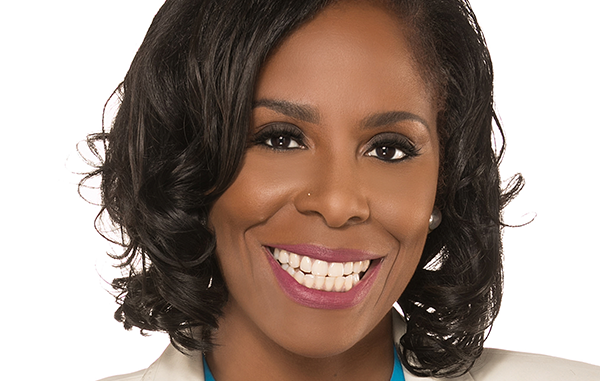
By Japera Krigger
Japera: Good day Congresswoman, you are a quarter of the way through your third term representing the U.S. Virgin Islands, what is your top priority in the 116th Congress?
Congresswoman Plaskett: Since coming to Congress my top priorities have been economic development for underserved and forgotten areas as the best mechanism to uplift those communities. Whether it be in job creation, increasing infrastructure, or new technology. Those are the areas that I am most interested in and I believe that the committees that I have worked to be on and am now gaining seniority in are the ones that are best suited to serve those communities. Whether that be Agriculture or Transportation and Infrastructure.
Japera: As a nonvoting member, how do you navigate the legislative process in your pursuit to achieve your goals?
Congresswoman Plaskett: I think as a nonvoting member one of the things you learn immediately in order to be effective in Washington is to overwork your colleagues. I think that’s something that my staff and I try very hard to do, and although we cannot vote on the floor we want to be the one that people on the floor are asking what our opinions on upcoming bills are because they know that we are thoughtful, and well versed in issues that are not only important to us but to the rest of the country as well. We are substantive and I think that’s the mechanism by which we really try and move the legislative process here in Washington. We work hard on committees, raising our hand to volunteer for the work that doesn’t get a lot of shine. When you’ve helped others and been a team player there are opportunities from colleagues and others to support me on issues that they’re going to be voting on which are important to my community.
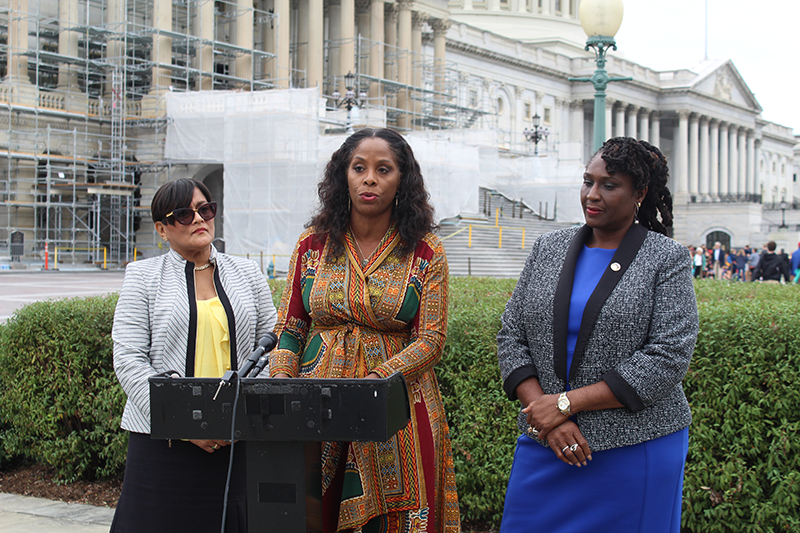
Japera: You are one of two Members of Congress who represent a district within the Caribbean, having recently attended a CARICOM meeting, did you anything particularly stick out to you?
Congresswoman Plaskett: I was really struck by the commonality of issues between all the nations of CARICOM . Commonalities not only among themselves but that their issues are ones that both Puerto Rico and the Virgin Islands, U.S. territories in the Caribbean, are facing as well.
Japera: Which mutual issues do you believe are the most important facing the region?
Congresswoman Plaskett: Resilience in climate change is the most pressing issue that we are all facing and how to deal with that. Questions of the Blue Economy came up, how to utilize our own climate, natural resources and to use being surrounded by water to our benefit and for our own economic growth. Issues of border security were something that they all talked about. There has been an influx of drug and guns that are coming through Caribbean islands, as the U.S. has done a better job of stopping drugs coming through their Southern border from Mexico and South America. It’s an amoeba that has moved itself more into the Caribbean and we are all seeing rising amounts drug trafficking related violence and crime and figuring out memorandums of understandings and mutual assistance agreements, so that we can work to support each other in that fight. And then of course because we’re small isolated areas that don’t have the scale of other places, and all have histories of colonialism that have left us hamstrung in terms of economic growth, how do we overcome those.
Japera: What do you think is needed for the Virgin Islands specifically to overcome those effects of colonialism economically and socially?
Congresswoman Plaskett: It’s a multi-pronged approach. One of them logically, is us having better history and recognition of the contributions that we’ve made, understanding the strength of our people, and how much our financial and labor support has led to the success of so many other nations. Aside from that, the diversification of our economy, not being solely reliant on whatever is the new plantation not moving from raising cane to rum distillery or oil refining or whatever it may be at the time and treating it like a plantation. We have got to recognize that those industries and programs must benefit us, but that we also need a diverse economy. That we need to have small manufacturing and knowledge-based businesses. We need to create an environment for entrepreneurship and mechanisms that incentivize our young people to come home, reversing our brain drain.
Japera: What are some strategies that you believe would be effective in reversing the Virgin Islands’ brain drain?
Congresswoman Plaskett: A number of things, we need to create paid summer programs, so those that are in college can have substantive jobs during the summer that will allow them to come back home and make money which they can use to help them to go back to school in the fall. Observations and experience have taught me, that young people tend to stay in the place where they go to school because it provides them with a support system not just in terms of friends but economically as well. When we had our centennial transfer celebration with Denmark, I was the first person who raised the idea of Denmark supporting and financing the education of our young people. My request was that the Danish government give 10 students every year for 10 years full four-year tuition in Denmark in the University system with the proviso that they would come back to the Virgin Islands and work for at least four years in the Virgin Islands. That would have provided us with 100 young professionals coming back to the Virgin Islands, who had been educated in Denmark, had a world view that might be very different, and had experiences, skills, and knowledge that could contribute to our economy. I have also sponsored legislation here in Washington called the “United States Territories College Access Act”, which is based on a law in the District of Columbia. It would allow high school graduates from the Virgin Islands and other territories to receive the in-state tuition rate when they apply to State Colleges and Universities, again with the provision that they come back home after receiving their undergraduate degree for a certain period of time, to give back in their community.
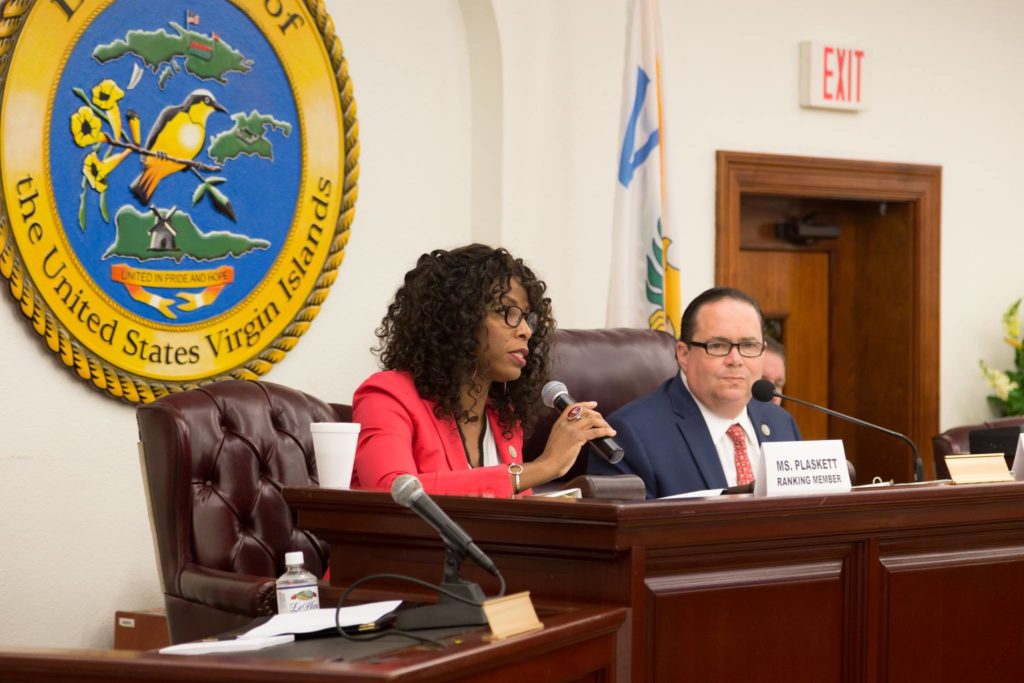
Japera: Another serious problem that is facing the Virgin Islands, aside from the brain drain and the influx of guns and drugs, has been the Medicaid cliff, how pressing do you think it is that the federal government and the Virgin Islands handle the issue?
Congresswoman Plaskett:Our Medicaid crisis is just another example of how the Federal government has short-changed its territories, people living in the territories, because throughout the rest of the United States Medicaid does not have a cap. It is an open-ended fund to each state so long as individuals meets the program’s requirements and the federal government provides an amount based on the demographics and poverty levels of the state. In the Virgin Islands as well as Puerto Rico and the other territories, the federal government has in the past provided a percentage of 55% with the respective territory absorbing the remaining cost. We fit more the demographics of a place like Mississippi in which the federal government pays 81% of however much Medicaid dollars are needed in the state. If we were treated equitably then we would be able to meet the needs of our people. We’re also capped at the amount that they’ll continue to give us so when that money runs out it’s over. We wouldn’t have to make the tough decisions like those that had to be made before the 2017 hurricanes as to whether we were going to pay doctors, allow treatment, or put a new roof on a hospital all of which are publicly funded. These are the type things that strained our public infrastructure and caused the level of devastation.
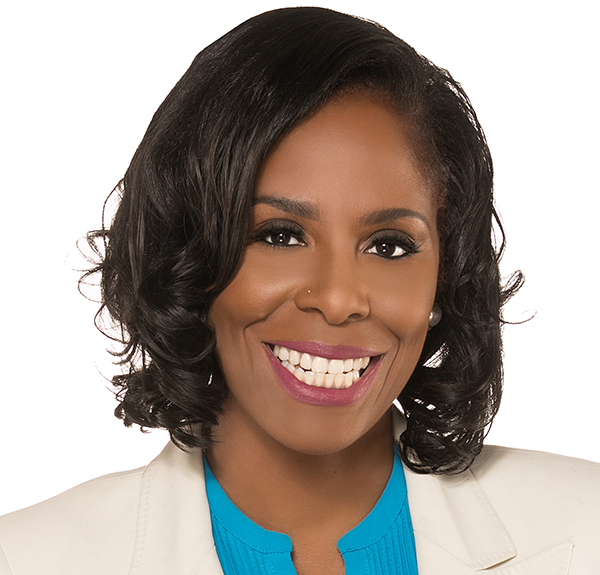
Japera: Congresswoman last question, you’ve received a lot of attention recently, boosting your national profile does the job feel any different?
Congresswoman Plaskett: No, that notoriety may cause more people to know who I am, but the work still goes on. When I came to Washington I got sage advice that in Congress you quickly gain a reputation either as a work horse, a show horse, or let’s just say a donkey. I’ve always strived to be a work horse and that’s how I operate. I find it incredulous what attracts people’s attention on social media. I’d rather go viral for a substantive conversation about issues and policy and the data that supports it than my eye roll. That said, I expect that it’ll continue for long as some of my colleagues continue to have issues with decorum and have to be checked.
As a member of the Transportation and Infrastructure Committee, Stacey pushes for improvements to critical infrastructure in the U.S. Virgin Islands and the insular areas, as well as the development of economically depressed rural and urban areas. She is sits on three (3) Subcommittees: Aviation, Coast Guard and Maritime, as well as Transit and Highways.



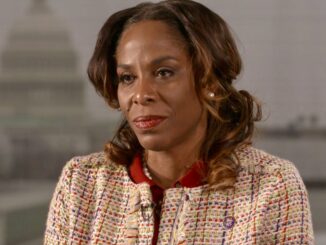

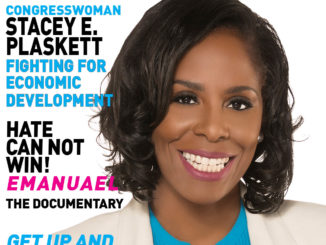
Be the first to comment